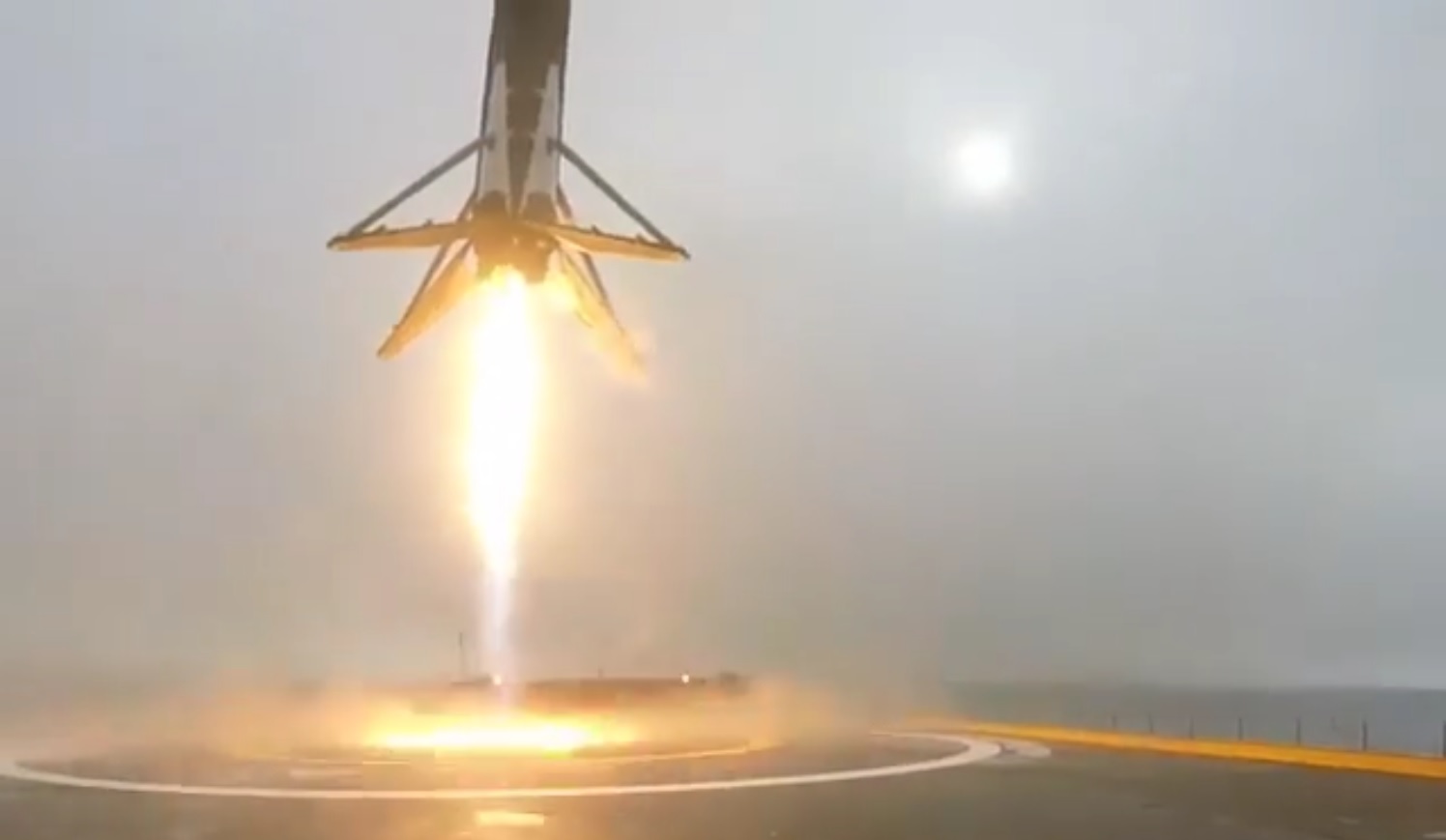A SpaceX Falcon 9 rocket was launched from California Sunday January 17 with a mission to put a Jason-3 satellite into orbit. The American and European owned Jason-3 satellite will monitor sea level rise from space. After landing on a small barge in the ocean one of the support legs failed causing the rocket to fall over and then explode. The incident, according to NBC News, is a huge setback for the company.
Elon Musk, CEO and CTO of SpaceX, posted a video of the landing and explosion to his Instagram account. He wrote, “the lockout collet doesn’t latch on one [of] the four legs, causing it to tip over post landing. Root cause may have been ice buildup due to condensation from heavy fog at liftoff.”
The Jason-3 satellite that was successfully launched into orbit Sunday will monitor sea-level rise. The mission is an international collaboration between the National Oceanic and Atmospheric Administration (NOAA), the National Aeronautics and Space Administration (NASA), the French space agency (CNES) and EUMETSAT.
Studying these different metrics will provide scientists information on how much solar radiation is being stored in the world’s oceans.
In a press release, NASA stated that Jason-3 would eventually orbit in tandem formation with Jason-2 to allow for more frequent data collection of the sea-surface. Data collected would include ocean-surface topography and speed of and direction of ocean currents. Studying these different metrics will provide scientists information on how much solar radiation is being stored in the world’s oceans. Information which is critical to tracking global warming.
























